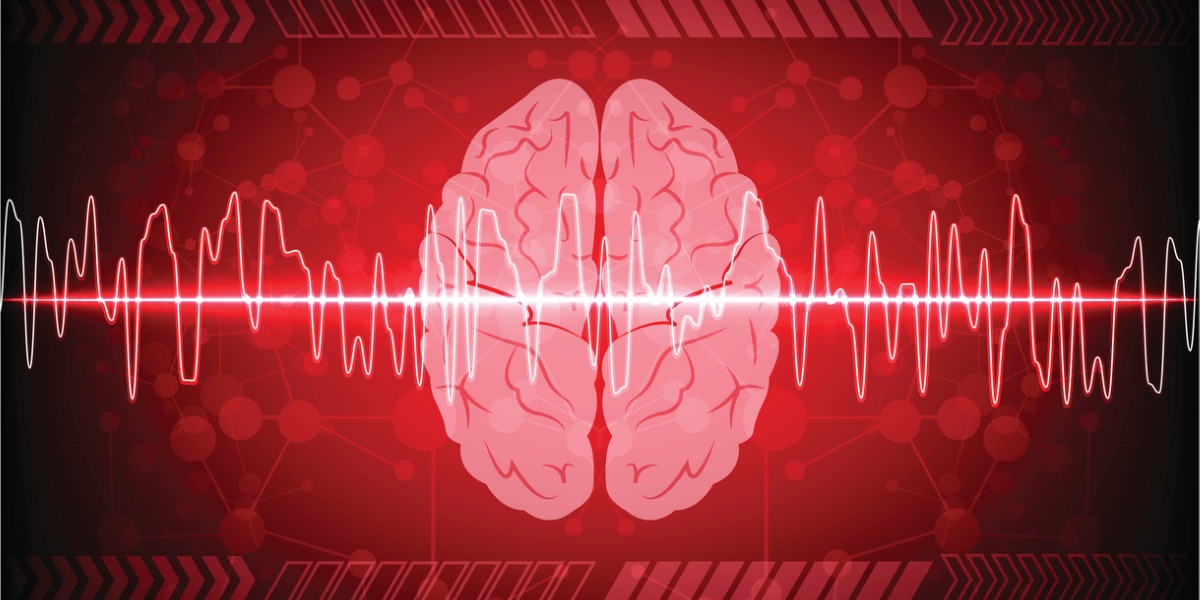
A stroke is a significant and life changing event. Knowing this make it difficult to believe that some strokes go completely unnoticed. While silent strokes can come and go seemingly quickly and are often difficult to spot, they can also cause cumulative and sometimes significant damage. Not only do they increase your risk of having a symptomatic stroke in the future, but more immediately, they can cause neurological symptoms, trouble focusing or difficultly concentrating.
What is a Silent Stroke
What exactly happens during a silent stroke, and why do they occur?
A silent stroke can be caused by things like narrowing of the arteries, a blood clot, high blood pressure or high cholesterol. It causes a temporary interruption in blood flow to the brain which can cause damage to areas of the cells. A primary reason why most people don’t realize they’ve had a silent stroke is because they impact a part of the brain that controls functions that are also controlled by other parts of the brain. This duplicate brainpower makes it possible for you to continue functioning mostly or even completely normally, making the stroke more difficult to detect.
Silent Stroke Symptoms
Symptoms of a silent stroke are subtle and difficult to detect. They also often don’t last long, typically less than 24 hours. If you do notice these symptoms and especially if you have risk factors like high blood pressure or diabetes, it’s a good idea to talk to your doctor and consider additional testing. Tests might include an MRI or Brain CT. Stroke symptoms can include:
- Tremors
- Blurry Vision
- Headaches
- Dizziness
- Weakness in Limbs
- Balance Problems
- Sudden and Extreme Fatigue
- Temporary Slurred Speech
Next Steps
Once you visit your doctor and learn that you have had a silent stroke, a common question is – what should I do next? The good news is that there is usually no cause for alarm. Since you’ve come through your stroke without noticeable consequences, there’s a strong possibility that your health is strong. You’ll likely bounce back just fine with little or no need for medical interventions.
Stroke Risk Factors and Overall Health
Use this as your opportunity to discuss risk factors with your doctor. While your overall health is likely good, there’s a good possibility that you have or have had one or more risk factors for a stroke. These might include cerebrovascular disease, hypertension, heart disease, diabetes, high cholesterol or another medical diagnosis. If you smoke or use recreational drugs, consider this as your warning sign to stop. If you’re currently taking medications for one of these conditions, discuss your plan of care with your doctor to see if there’s any need to change your medication, add a new medication or change the dosage schedule.
Home Care and Home Health After a Silent Stroke
Ensure that you are following all medical orders. Also discuss diet, exercise, controlling stress and other healthy living routines. If following medical advice or sticking to a properly developed wellness plan is difficult on your own, this might be a good time to consider professional home care or home health support.
Home care can provide you with short or long term assistance with meal preparation, transportation to medical appointments and medication reminders. This service is flexible, so you can pay for the time and services you need help with. Many seniors appreciate this as it allows them to get support while also maintaining their independence.
Home health is usually prescribed short term and includes more skilled care. A nurse might visit to monitor vital signs, administer medications and provide patient education under a doctor’s orders. Home health is often recommended for a shorter period of time, and some patients choose to use it in conjunction with home care services to best meet all of their needs.
A consultation with your doctor and a home care agency like Salus Homecare of San Diego can often provide you with the information you need to make an informed choice about the services that are best for you as well as set realistic goals and develop an effective treatment plan.
Conclusion
For every person who has a stroke, about 14 other individuals have a silent stroke, and research estimates that more than one-third of people over 70 have had a silent stroke. This is not a condition to take lightly, so stay informed, watch for signs of a stroke and maintain a good relationship with your doctor to better control risk factors. If you need support in maintaining your health and wellbeing, Salus Homecare of San Diego is here to help. Call us, and let’s work together to develop an effective plan that keeps you safe and healthy at home.
There is no ads to display, Please add some

